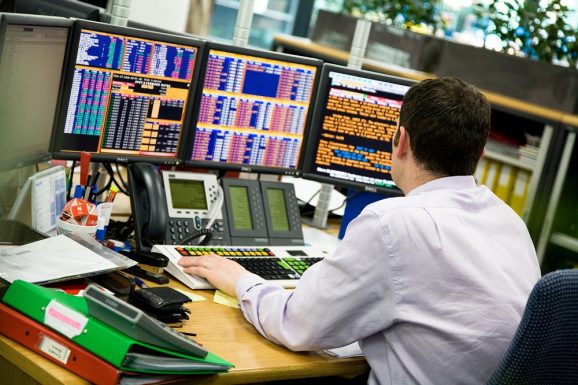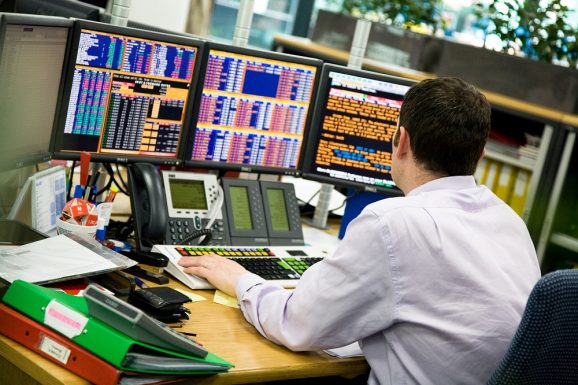Who’s a merchant and who’s a financial specialist? This inquiry may be somewhat hard to reply off the highest point of your head, particularly since dealers once in a while go about as speculators and financial specialists have brokers working for them. To make it simpler to differentiate between the two, here are five things to remember,
5 Things to Difference Between Traders and Baju Batik Wanita
Dividends versus Profits
Financial specialists cherish profits. Dealers adore benefits. That is as short as the clarification gets. The more extended form is that while brokers tend to search for the short sharp win of a stock sold for more cash that they got it for, financial specialists will probably invest a long energy investigating a stock before getting it for (ideally) significantly less than it’s worth. At that point, they kick back and unwinding as the profit comes in at standard interims.
Brokers can make 10 exchanges per day. Financial specialists could invest weeks inquiring about a stock before settling on a choice to purchase. That is on account of merchants are centered around the stock itself, while financial specialists concentrate on the organization that has issued this stock. For the previous, it’s a short undertaking. For the last mentioned, it’s occasionally a deep rooted responsibility.
Fundamentals versus Technicals
Financial specialists like crucial examination. This is the thing that they construct their venture choices in light of: long, broad research of an organization, including money related articulations, the condition of the more extensive industry, fundamental contenders and their execution, and worldwide patterns in free market activity for the item or administration the organization offers.
Dealers have no opportunity to squander with basics. What they take a gander at is the chronicled execution of the stock over a given day and age (which can be as short as a day and as long as quite a long while), the execution of the market and the most recent value patterns. They utilize devices, for example, candle diagrams, moving midpoints and stochastic oscillators, to choose when to purchase and when to offer. To put it plainly, they depend on specialized investigation in their work.
Safety versus Risk
It ought to at this point be evident that for the most part – for the most part – talking, speculators are significantly more hazard disinclined than dealers, and they are likewise considerably more patient. Profits are a progressively certain wage while exchanging benefits on items, say, are extremely indeterminate.
However then again, even the most stolid organizations may here and there be compelled to cut their profit, which, from a speculator’s point of view, may successfully be a misfortune on the venture, contingent upon to what extent they’ve held the stock. A great deal of oil and gas financial specialists, for instance, saw their profit vanish in the midst of the 2014 oil value emergency.
At that point, there is dependably the likelihood of an apparently strong organization going under, leaving its investors with next to nothing. Nothing is certain in budgetary markets – there is dependably space for shocks. Merchants can keep away from these significantly more effectively than financial specialists by not focusing on a stock over the long haul.
Faith versus Fear
This qualification has nothing to do with ethics. It needs to do with what drives wrong choices for financial specialists and dealers. Unquestionably, the two sorts of money related market players need to manage confidence and fear– yet to various degrees. For financial specialists, confidence later on solid execution of a stock is substantially more articulated, while for merchants, dread of a looming misfortune gets the high ground.
Both confidence and dread can prompt oversights as the two speculators and dealers would promptly concede. That is the reason for some merchants a profession in venture isn’t generally an alternative – first you think about the stock, at that point you get it, at that point keep on keeping an eye on it, with the goal that you abstain from winding up losing your speculation.
That is additionally why for some, financial specialists, exchanging isn’t an alternative – settling on choices with no solid, key premise, at all, in a matter of minutes, can essentially be excessively of an unpleasant occasion with – and that is the enormous part – no conviction it will end with a reward.
Long-term versus Short-term
At last, all contrasts amongst financial specialists and dealers boil down to only one major one: speculators are in for the whole deal; merchants are only guests in stocks, products, alternatives and whatever else there is to exchange.
[ Further Reading: Massive Earnings Season Profits Killer Strategy ]
Financial specialists purchase to hold, some of the time for ages. Brokers purchase to offer, now and then as quickly as time permits. The two gatherings have altogether different needs, as recorded above, and they are generally probably not going to will to swap places. Each to their own, all things considered—and brain research assumes an immense part.



